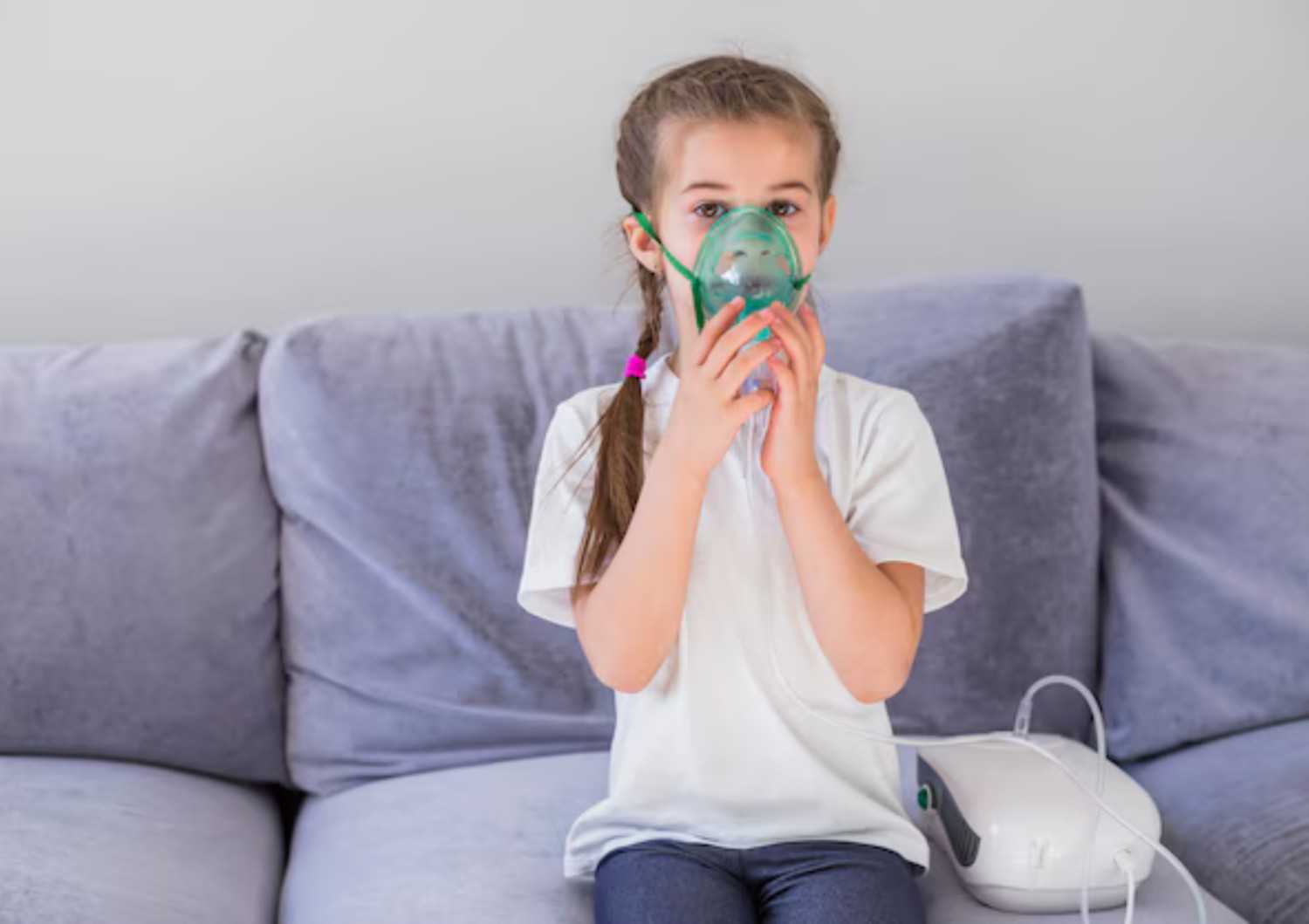Managing Asthma in Children: A Parent’s Guide
February 28, 2025
As a parent, have you noticed your child struggling to breathe, coughing frequently, or feeling tired during physical activities? These are common signs of asthma, a condition that makes it difficult for many children to breathe properly. While asthma can seem frightening, it is manageable with the right approach. By understanding asthma triggers and following an effective treatment plan, you can help your child live an active and healthy life. This guide will show you how to manage asthma and prevent asthma attacks in children.
What is asthma in children?
Asthma is a chronic condition that causes inflammation and narrowing of the airways in the lungs. This makes it hard for children to breathe, especially during physical exertion or at night. Although asthma can't be cured, it can be controlled through medications, lifestyle changes, and proper management.
How to Prevent Asthma Attacks in Children
Preventing asthma attacks is all about avoiding triggers and managing symptoms. Here’s how to help reduce the risk of an asthma attack:
- Identify and Avoid Triggers: Common asthma triggers include dust, pollen, pet dander, cold air, and smoke. Keep a record of your child’s symptoms and possible triggers.
- Clean Your Home: Regular cleaning can help reduce allergens. Wash bedding frequently, vacuum often, and use air purifiers to keep the indoor air quality clean.
- Exercise Smartly: Physical activity is important, but cold, dry air can trigger asthma. Ensure your child warms up before exercise and carries their inhaler if needed.
- Follow the Asthma Action Plan: Your doctor will give you an asthma action plan that tells you when and how to use medications, as well as signs that the condition may be worsening.
Home Remedies for Childhood Asthma
In addition to medications, there are some simple home remedies that can help relieve asthma symptoms:
- Steam Inhalation: Use steam from a hot shower or a bowl of hot water to help clear the airways.
- Honey and Ginger: A small amount of honey and ginger can soothe the throat and reduce coughing.
- Breathing Exercises: Teach your child deep breathing techniques to help them control their breath during an asthma episode.
How to Recognize When Asthma Symptoms Worsen
Sometimes, asthma symptoms can worsen unexpectedly. Here are signs that you should seek medical help:
- Difficulty breathing or speaking
- Severe chest tightness
- Bluish lips or face (a sign of low oxygen)
- Symptoms that don’t improve with medication
Conclusion
Managing asthma in children is all about staying informed, avoiding triggers, and following a proper treatment plan. By taking these steps, you can help your child live a full, active life. If you need professional help or advice, visit Sunrise Hospital. Our pediatric specialists are here to guide you in managing your child’s asthma and ensuring their well-being.





Greta
I was diagnosed with Idiopathic Pulmonary Fibrosis IPF four years ago. For over two years, I relied on prescribed medications and treatments, but unfortunately, my condition continued to worsen. My breathing became more difficult, fatigue increased, and even simple activities started to leave me exhausted.Last year, out of desperation and hope, I decided to try a herbal treatment program from NaturePath Herbal Clinic. Honestly, I was skeptical at first, but within a few months of starting the treatment, I began to notice real changes. My breathing improved, my energy levels increased, and I was able to do more without feeling constantly short of breath.It’s been a life-changing experience I feel more like myself again, better than I’ve felt in years. If you or a loved one is struggling with IPF, I truly recommend looking into their natural approach. You can visit their website at www.naturepathherbalclinic.com or contact them at info@naturepathherbalclinic.com